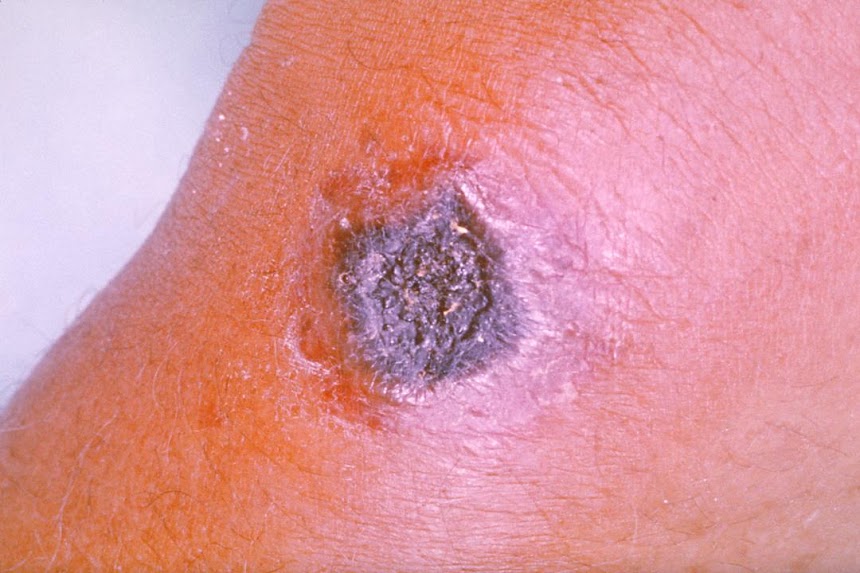Ms Kuyinu, a consultant and public health physician at Lagos State University College of Medicine, delivered this message during a workshop at Lagos State University of Science and Technology (LASUSTECH) on preventing anthrax in Nigeria.
Anthrax is a zoonotic disease, meaning it can be transmitted from animals to humans, and vice versa. Ms Kuyinu highlighted the importance of adopting a One Health approach, which considers the interconnectedness of human, animal, and environmental health.
The anthrax-causing agent, Bacillus anthracis, resides in the soil and is typically contracted by humans following an outbreak in domestic animals like cattle, sheep, and goats, or through occupational exposure.
Although anthrax is present in various regions worldwide, it is particularly prevalent in Africa, South East Asia, China, South America, Turkey, Pakistan, and India. In Nigeria, the anthrax "belt" spans the North West, North East, and North Central regions.
The disease remains endemic in the country, with sporadic outbreaks primarily affecting domestic herbivorous animals and wildlife such as cattle, sheep, goats, chimpanzees, gorillas, monkeys, and elephants.
Ms Kuyinu clarified that anthrax is not directly transmitted from person to person or from animal to animal. Grazing animals become infected by ingesting spores from the soil.
Those at risk of infection include workers in contact with animals, such as veterinary laboratory workers, farmers, abattoir workers, butchers, cattle rearers, hunters, and individuals involved in the import and export of hides and skin.
Additionally, people who consume dead animals, such as cattle, sheep, and goats, and healthcare workers, are also vulnerable.
To combat anthrax, Ms Kuyinu called on the government and agricultural stakeholders to implement animal screening protocols before selling animals and to vaccinate susceptible animals.
She stressed the importance of immediate reporting of suspected or confirmed cases of anthrax and the need to educate individuals handling potentially infected animals.
The Vice-Chancellor of LASUSTECH, Prof. Olumuyiwa Odusanya, highlighted the workshop's significance in enhancing community service and engaging animal farmers in Ikorodu, where numerous animal farms are situated. Educating farmers about anthrax prevention is crucial in controlling and containing the disease.



